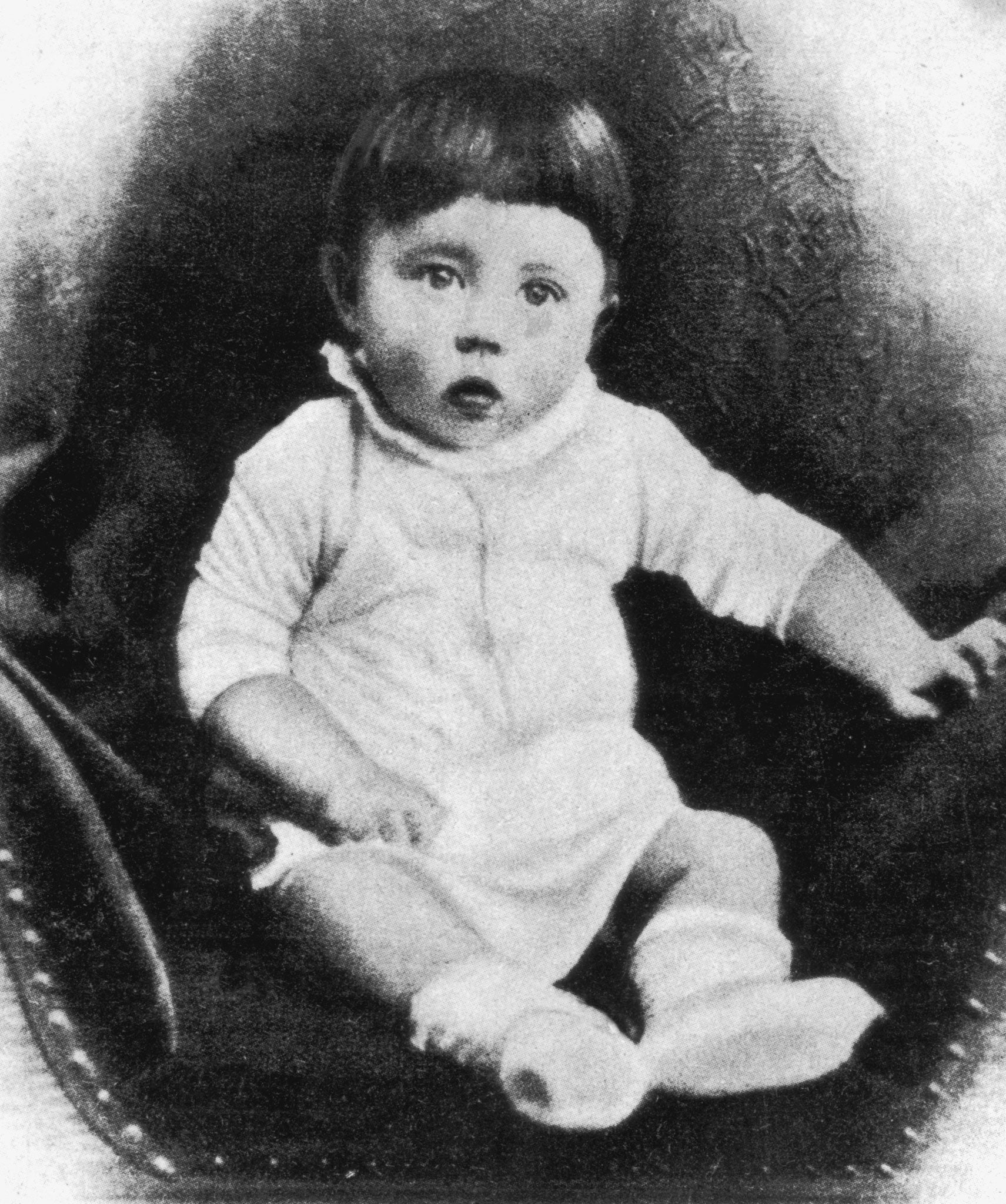There's too much Hitler - and too many Henrys - in our schooling system
The varied options of a new A-level ought to be welcomed


Your support helps us to tell the story
From reproductive rights to climate change to Big Tech, The Independent is on the ground when the story is developing. Whether it's investigating the financials of Elon Musk's pro-Trump PAC or producing our latest documentary, 'The A Word', which shines a light on the American women fighting for reproductive rights, we know how important it is to parse out the facts from the messaging.
At such a critical moment in US history, we need reporters on the ground. Your donation allows us to keep sending journalists to speak to both sides of the story.
The Independent is trusted by Americans across the entire political spectrum. And unlike many other quality news outlets, we choose not to lock Americans out of our reporting and analysis with paywalls. We believe quality journalism should be available to everyone, paid for by those who can afford it.
Your support makes all the difference.So OCR, one of the three boards which sets school exams in England, has announced its proposed new A-level history syllabus. It has to be approved by Ofqual and if it’s accepted then it will be taught from September 2015.
The syllabus includes world history options such as Genghis Khan and pre-colonial Africa. Cue predictable howls of outrage from Ukip sympathisers and readers of certain tabloid newspapers who don’t see much beyond calculatedly emotive headlines.
A few facts. Almost all examination syllabi offer a wide range of options from which teachers select. In this specific case there are 58 topics to choose from and only ten are new. Topics come in three sections – world history, British history and historical themes. Teachers have to choose just one from each section. So there are 55 topics in this proposed syllabus which any individual candidate will NOT study. I don’t think – perhaps regrettably – we are likely to see thousands of A-level history candidates totally absorbed in studying the rise of Islam instead of the tyranny of Henry VIII.
And old Henry – along with one Adolf Hitler – is nine tenths of the problem. Pupils, and maybe teachers too, like tyrants. Most GCSCE and A-level syllabuses have allowed students to opt to study some aspect of the Tudors and the twentieth century dictators. And in many schools they are studied at Key Stage 3 – the early secondary years too. Henry VIII and WW2 are on the National Curriculum for primary schools as well. That could mean no fewer than four bites at the Hitler/Henry cherry, to the exclusion of a lot of other history.
And that’s the really worrying thing because such lazy, populist repetitiveness is anti-educational. It breeds ignorance too - which is the exact opposite of what schools exist for. Any self-respecting student, teacher, parent, ‘educationist’ (whatever that is) wants as much as possible to be taught - and learned - in schools. The curriculum in every subject should be managed to ensure some sort of continuum which makes absolutely certain that nothing gets carelessly done more than once. It needs intelligent collaboration between the national syllabus setters, and responsible interpretation at school level.
It isn’t exclusive to history of course. English is my subject and there’s a great deal of text repetition in schools. Shakespeare wrote over thirty plays and every exam syllabus offers a choice. It is in my view, unforgivable to teach, say, Macbeth for GCSE and again for A-Level, with students who quite possibly did it at Key Stage 3 as well.
Yet, I have worked with teachers who argue that it’s a good thing because it means that by the time they reach A-level the students know it really well – if they haven’t died of boredom that is.
As Head of English, I insisted that each class studied a different play in the first three years and worked it out carefully so that none of these would appear again at GCSE or A-level. It wasn’t exactly difficult to contrive. And I did the same thing with novels and poetry. I wanted all students to be exposed to as many different texts as possible during their five years (we didn’t have a sixth form) with us. We tried to widen horizons rather than limit them. That’s real education.
Join our commenting forum
Join thought-provoking conversations, follow other Independent readers and see their replies
Comments